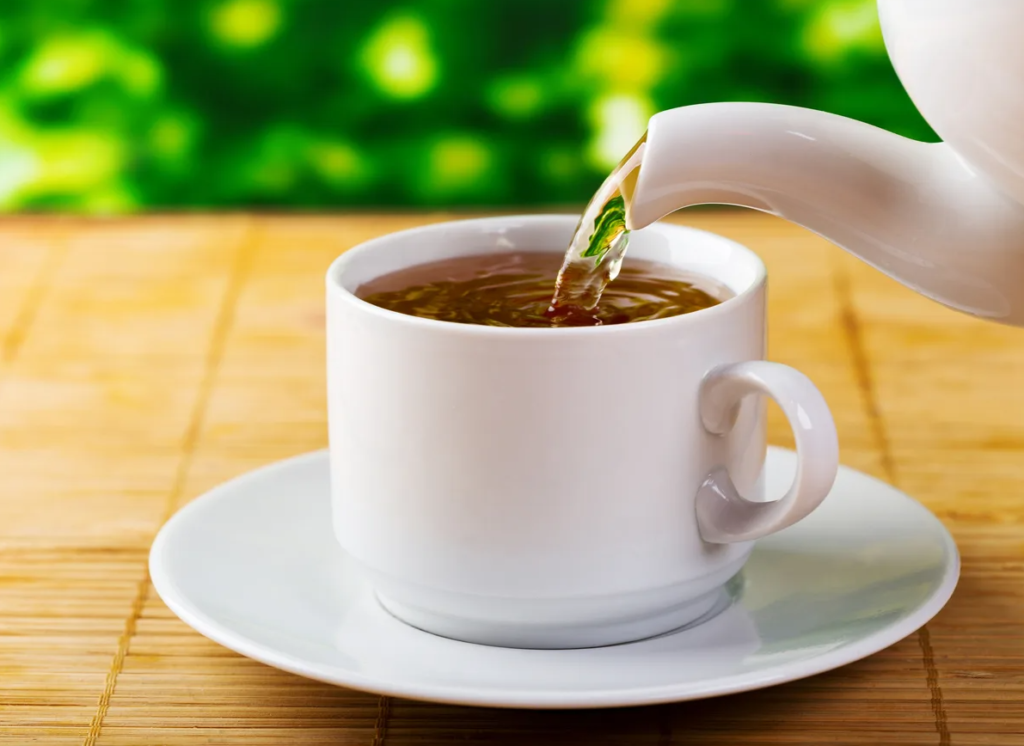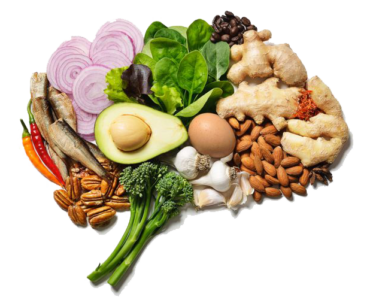by Dr Margaret Winters

The Brits are, of course, famous for their tea-drinking habits. So it makes sense that researchers at the University of Newcastle have been studying the effects of drinking tea on the brain since 2004.
Camellia sinensis is the source of both green and black tea. The real difference between the two is that black tea is fermented. Fermentation changes the smell and taste of tea, usually making it less astringent. Some people love green tea, some prefer black. The good news is that both are good for your beautiful brain.
How? The Newcastle researchers have found that both green and black tea inhibit specific enzymes that affect memory and long-term brain health. Let’s look at a few of these.
One of the hallmarks of Alzheimer’s is decreased levels of the neurotransmitter acetylcholine. Tea prevents the enzyme acetylcholinesterase from breaking down acetylcholine. Older adults in the north of England who drank 5 or more cups of black tea daily demonstrated better focus, sustained attention, and the psychomotor skills that link brain and movement activity. While other factors may be involved, the link to tea is significant.
Another characteristic of Alzheimer’s is the formation of amyloid plaques, protein tangles that form in the spaces between nerve cells. Two enzymes, butyrylcholinesterase and beta-secretase, are involved in the formation of these plaques. Both are inhibited by green tea in particular. Its effects seem to be longer lasting (a week) than those of black tea (a day).
All varieties of tea contain an array of polyphenols* and catechins* that have proven to be beneficial to your brain’s health. One standout is the amino acid L-theanine, which is almost unique to tea. Benefits associated with L-theanine include improved sleep and relaxation — critical for a healthy brain and a healthy life.
The time-honored tea break starts to look better and better. Might be time to trade in your latte…
Here’s the research article.
*Polyphenols are a diverse group of micronutrients found in fruits, vegetables, spices, and (of course) tea! Catechins are natural anti-oxidants, and part of the vast family of flavonoids. Along with carotenoids, flavonoids are responsible for the diversity and intensity of colors found in foods.
Connect with Dr Winters:













